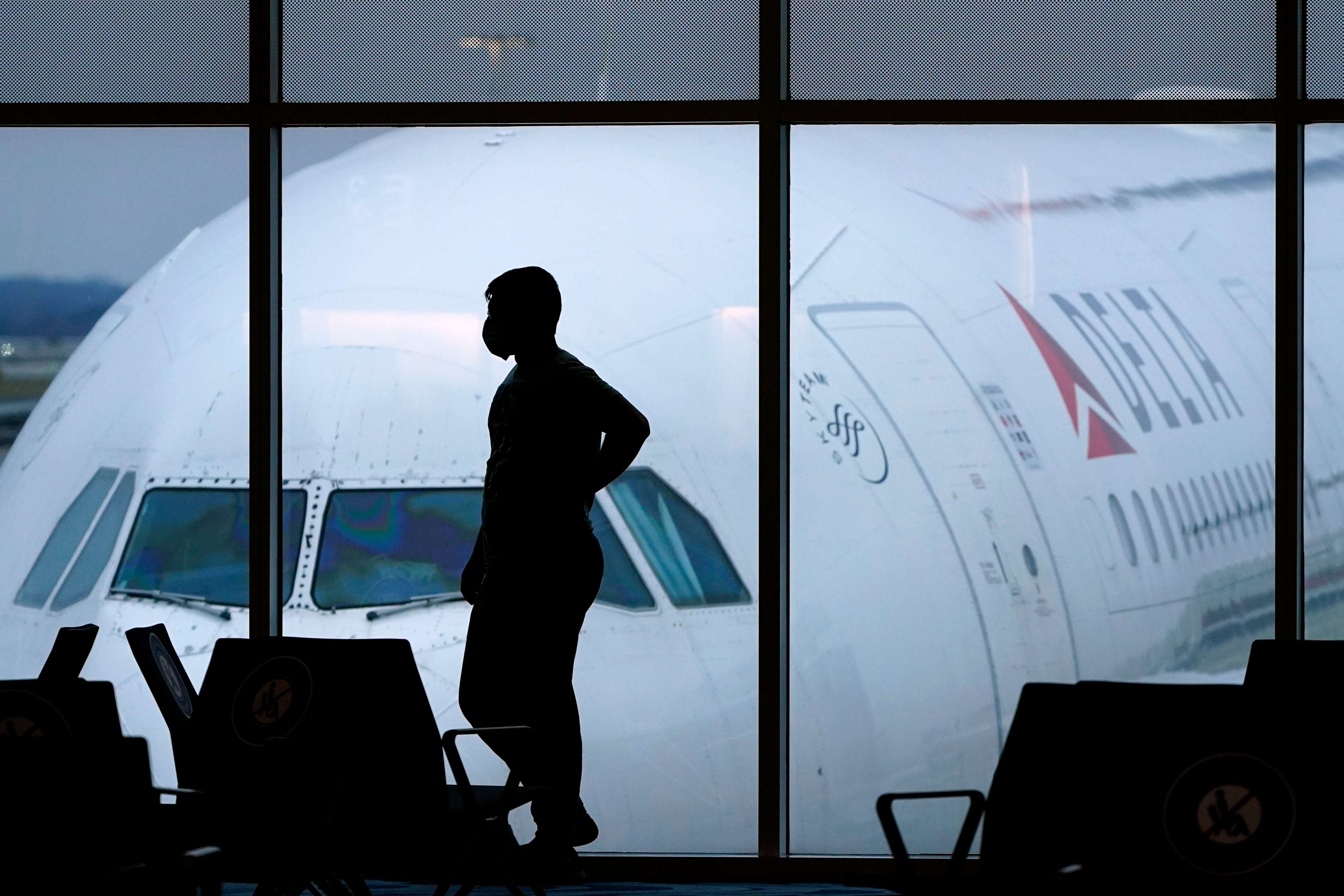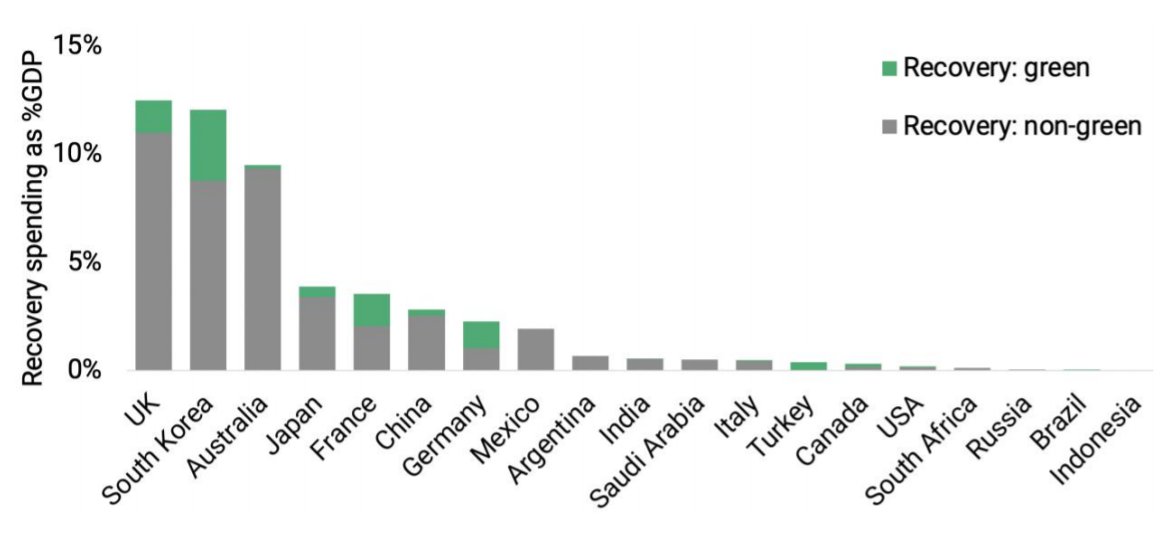Green spending makes up less than a fifth of Covid recovery funds, says UN
‘Governments today haven’t been spending as green as they should,’ the report’s author told The Independent

Your support helps us to tell the story
From reproductive rights to climate change to Big Tech, The Independent is on the ground when the story is developing. Whether it's investigating the financials of Elon Musk's pro-Trump PAC or producing our latest documentary, 'The A Word', which shines a light on the American women fighting for reproductive rights, we know how important it is to parse out the facts from the messaging.
At such a critical moment in US history, we need reporters on the ground. Your donation allows us to keep sending journalists to speak to both sides of the story.
The Independent is trusted by Americans across the entire political spectrum. And unlike many other quality news outlets, we choose not to lock Americans out of our reporting and analysis with paywalls. We believe quality journalism should be available to everyone, paid for by those who can afford it.
Your support makes all the difference.Less than a fifth of the money spent by major economies on long-term Covid recovery measures can be considered “green”, a new report has found.
An analysis by the University of Oxford and the UN Environment Programme finds that only a small number of countries have significantly increased spending on measures to tackle greenhouse gas emissions, air pollution and nature loss since the start of the pandemic.
The world’s 50 largest countries announced $14.6 trillion (£10.5 trillion) in spending in 2020 – of which just $368bn (2.5 per cent) went towards green initiatives, the report said.
Around $1.9 trillion of the total was spent on long-term Covid recovery measures. Of this money, $341bn (18 per cent) went towards green recovery measures, according to the analysis.
The findings come despite repeated warnings from experts that a green recovery from Covid will be needed to tackle the world’s worsening climate and environmental crises, and to ensure long-term economic prosperity.
“Governments today haven’t been spending as green as they should,” Brian O’Callaghan, report author and lead researcher of the Economic Recovery Project at the University of Oxford, told The Independent.
“Almost the entirety of green spending is being driven by a few major countries, including South Korea, Spain, Germany, the UK, China and France.
“Everyone else who has been spending on recovery measures hasn’t been doing it in a very green way.”

Of the $341bn spent on green recovery measures in 2020, $86bn was invested in green transport measures such as electric cars, walking and cycling; $66bn went towards renewable energy projects; and $56.3bn was spent on measures to restore ecosystems or replant forests, according to the findings.
However, a sizable portion of recovery spending went towards “dirty policies that are likely to increase greenhouse gas emissions”, the report said.
This includes spending on bailouts for airlines in the UK, the US, South Africa and South Korea, the report said. The UK government has spent hundreds of millions of pounds on airline bailouts since the start of the pandemic.
There was a missed opportunity to attach “green strings” to such bailouts to encourage airlines to slash their emissions in exchange for financial help, the report said.
Last year also saw countries commit further to “dirty energy investments”, the report added. For example, China and India announced significant investments in expanding coal mining domestically, while the US, Canada, Mexico and Australia invested in oil and gas generation.
While the UK was one of few countries to include green measures in its economic recovery plans, it is still doing “relatively poorly” when compared to the global average, said Mr O’Callaghan.
“There have certainly been missed opportunities in the UK,” he said. “I think that we would have expected more green spending given the rhetoric of the current government.”
The findings show that “we are not yet building back better when it comes to recovery spending”, said Inga Andersen, executive director of the UN Environment Programme.
“So far global green spending does not match the severity of the three planetary crises of climate change, nature loss, and pollution, leaving significant social and long-term economic benefits off the table,” she wrote in the report’s foreword.

Join our commenting forum
Join thought-provoking conversations, follow other Independent readers and see their replies
Comments